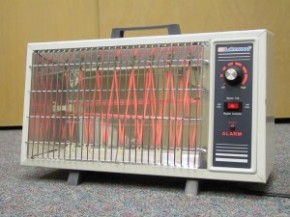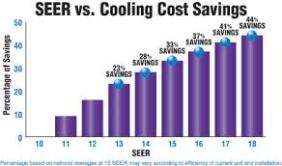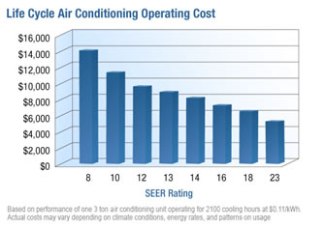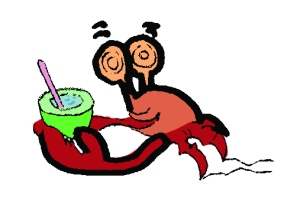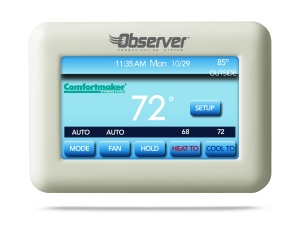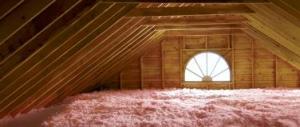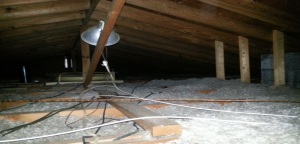Most of us don’t worry over our air conditioners constantly or while we’re out in the heat. Often, the only thought given to a/c performance while away is something along the lines of I can’t wait to crank up the A/C when I get home. But walking inside a stuffy house and a silent system can send a hundred thoughts through your head in a very inconvenient panic.
There are plenty of things that can go wrong in the mechanics of air conditioners, and several of them have similar symptoms. One such issue is having low refrigerant in your system. Not having enough refrigerant in your system will keep your unit from cooling your home, and you will want that to be remedied as soon as possible.
Side Note: Low refrigerant in your system could be a symptom of a larger issue, such as a leak, that will need to be addressed as quickly as possible.
Detection of a leak or low refrigerant needs to be examined and remedied by a professional. Your HVAC professional of choice will have the system recharged and running quickly.
For your convenience, take a look at the following bits of helpful information and if you notice any problems, don’t hesitate to give us a call and one of our professional technicians will check it out for you.
- Warm Air from Vents
If you set your thermostat to cool your home and feel warm air coming out of your vents, it could mean a number of things. One of the possibilities is low refrigerant.
- Frozen Coil
If ice forms on the copper lines or coil of your unit, either outside or inside, this is most likely a sign of low refrigerant.
- Water by the Furnace/Air Handler
While this could mean more than one thing, such as a clogged drain line, it could also be a sign that your refrigerant is low.
There are other symptoms of course, and like I mentioned earlier, several issues can have similar symptoms. So be smart and keep a lookout for anything that seems abnormal.
If you are unsure, don’t take a chance and give us a call if something needs a closer look or if you feel is not working properly. On this note, remember it is recommended you have Preventive Maintenance done on your system every six months. And, don’t forget, at Tropical Air we offer a Preventive Maintenance agreement that is very affordable and can catch a lot of these issues before they become much more costly.
Keep cool and informed,
Rikki Payne
Your Licensed A/C and Heating Connection
321-972-9935
www.Tropical-Air.com
http://www.acnotworking.com
Serving Greater Central Florida

